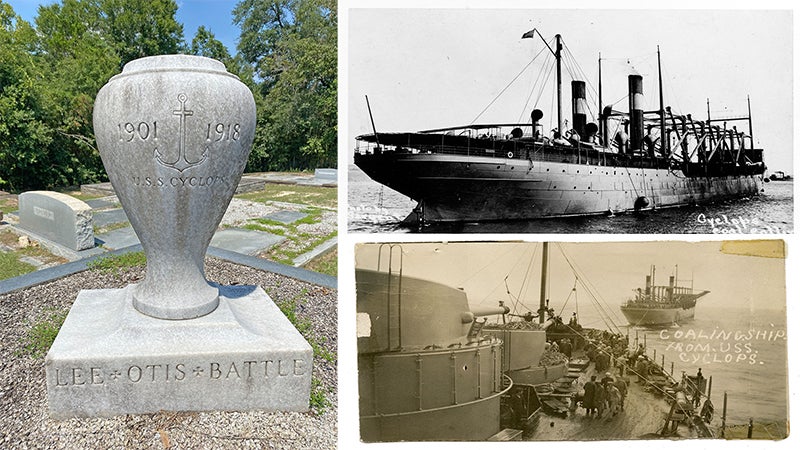What Portugal could teach us about drugs, prison reform
Published 12:20 am Saturday, July 18, 2015
For once, our beloved home state is on the front of an issue – or will be if the legislature can manage to pass a General Fund budget.
In the spring, the Alabama legislature approved a prison reform package that yielded Gov. Robert Bentley and Rep. Mike Jones an invitation to Washington to talk about the state’s plans to move more toward community-based programs and reduce prison populations. (All of our carefully crafted new laws become null if the effort is not funded in the General Fund budget).
The feds, it seems, would like to do a better job, too. Amazingly, President Obama and House Speaker John Boehner – who seem unable agree that the sky is blue – both addressed federal prison reforms in a positive way this week. Obama became the first sitting president to visit a federal prison, and called for a reconsideration of policies that has 2 million Americans behind bars and costs taxpayers $80 billion per year.
Specifically, the feds’ focus appears to be on lengthy sentences for nonviolent drug offenders.
“These are young people who made mistakes that aren’t that different than the mistakes I made and the mistakes that a lot of you guys made,” Obama said. But most of them, he said, didn’t have family support or a second chance.
In the 1970s, when a bloodless military-led coup transformed Portugal from authoritarianism to democracy, drug use became part of the culture.
At first, the Portuguese took an approach similar to America’s, with a conservative backlash that vilified drug use and set punitive policies. All to no avail. By 1999, nearly 1 percent of the population was addicted to heroin, and drug-related AIDS deaths in the country were the highest in the European Union, according to the New Yorker.
In 2001, Portugal addressed the issue in a very different way. What Portugal did was stop spending money for a “war on drugs,” and start spending it on a system of treatment for addicts. Distribution and trafficking are still criminal offenses. Possession and use is moved out of criminal courts and into a special court where each offender’s situation is analyzed not just by legal experts, but also by psychologists and social workers. They are referred to treatment, rather than prisons.
At the 10-year mark, Forbes reported, addiction was on the decline. Users of “hard” drugs had decreased by half.
Many of the country’s effective treatment procedures were developed as a result of the policy changes. Drug use rates in Portugal are now among the lowest in the European Union.
Even in this place of relative safety we call home, we encounter stories of addiction daily. Too many of those people who need help can’t afford it. Many are mental health patients who – without access to the prescriptions and services they need – “self-medicate” with illegal substances. With ever-diminishing mental health services available, the problem will only get worse.
Even with the current attitudes toward prison reform, it’s difficult for me to imagine that America could go as far as Portugal did. But I’d much rather my tax dollars be spent helping someone get better than keeping them incarcerated until they are sent back into the world to fail again.
We have a few things to learn from Portugal.



